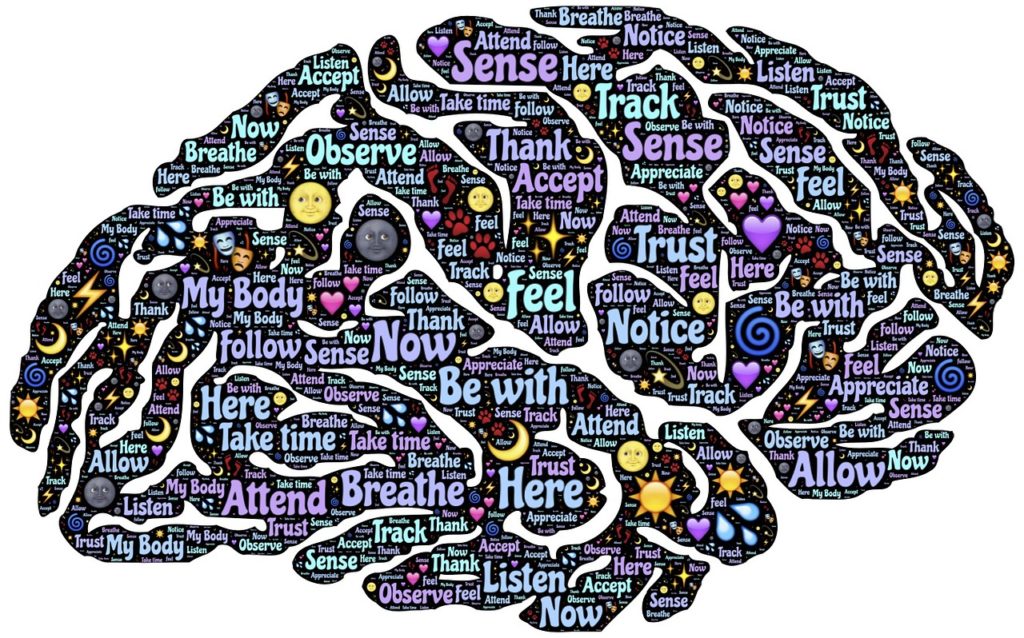ERM-4.5
ERM*: Workability…
– A Positive Psychological Strategy –
Workability is asking yourself the question, “Is what I’m doing getting me what I want?”
If the answer is “yes,” then we say it’s “workable,” and may find no need to change; but if we answer “no” or “not sure,” we say it’s probably unworkable (or not working), in which case it might be wise to stop what we are doing…and consider alternatives!
Workability is another psychological skill…it is used to help us determine whether what we’re doing serves our short-term desires as well as our long-term well-being. It also frees us from those troublesome self-judgments of “good or bad,” and “right or wrong;” or getting entangled with the uncertainty of our thoughts being “true” or “false.” Far better, it enables a more appropriate approach to defining one’s own “individual success.”
________
Workability is also a particular kind of critical thinking. When we ask the question, “Is what I’m doing getting me what I want…” we are reflecting upon, identifying, and engaging facts and arguments that can lead to rational and productive conclusions. The qualified answer(s) then guide us in providing direction on what we should do.
Note that often what we do may serve a short-term desire or impulse…but inevitably incurs a negative long-term cost – one that may grow or become particularly damaging, painful, even debilitating (e.g., addiction, obesity, depression). While we may perceive the indulgence to satisfy our immediate need or desire as “workable” by denying or repressing thoughts of that long-term outcome, the laws of natural consequence are rarely eluded. In other words, what we’re really engaging in is “unworkable,” and, sooner or later, the direction we take will have to involve some kind of change.
________
We live in a highly judgmental world; and we each tend to judge others through the lens of our own biased and – at least the more mature intellect will admit – limiting paradigm (worldview). This means that “what works” for others may often be something we deem harmful or wrong or unacceptable. Put another way, what doesn’t work for you may in fact work for someone else…and vice-versa![1]
Note also that workability is a spectral concept, meaning that it’s validity must be applied across a continuum, and qualifiers like “a little,” “some,” “a lot,” and “always” are in fact quite appropriate – and something we all (again, as people who judge) should bear in mind.
________
While it may sound pithy or trite, still the truism applies universally:
“It works…until it doesn’t (or something better comes along).”
___________________
[1] This is NOT an argument for, or in defense of, moral relativism; it is about personal values and individuality.
_________________________________________________________
*Elephant/Rider Model: The Happiness Hypothesis, Jonathan Haidt, 2006.



